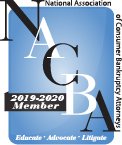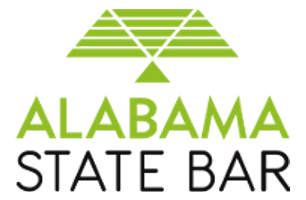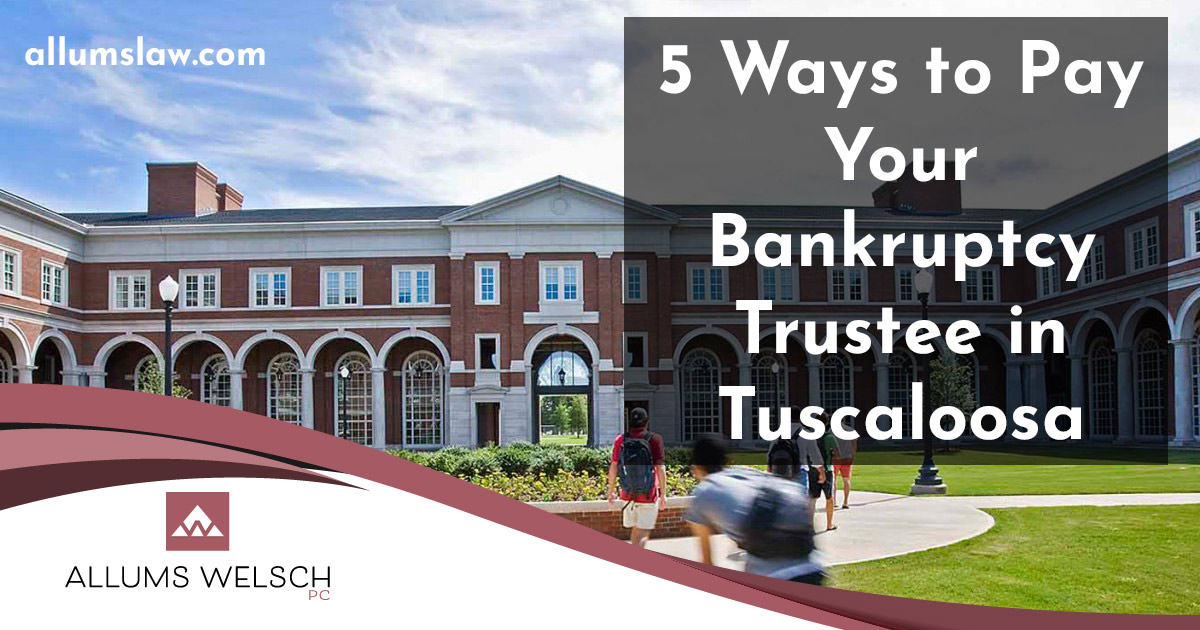Chapter 7 bankruptcy can be used to prevent your driver’s license from being suspended. It can also put you on a path to the reinstatement of a driver’s license after a loss or suspension as a result of a car accident.
In Alabama, those determined to be at fault in a car accident may receive a letter from the Alabama Department of Public Safety informing of the need to remit a sizeable insurance balance in payment or be required to surrender one’s driver’s license.
A recent caller to our firm had received just such a demand to pay $4,000 within 30 days or lose her driver’s license.
The good news is that, when this happens to you, the Chapter 7 bankruptcy process provides an option for relief from this demand.
When your budget cannot support a lump insurance payment demand from the State, it is a matter worth discussing with an Alabama bankruptcy attorney.
Why is Chapter 7 bankruptcy a useful response to a demand for the payment from the state government?
Bankruptcy is a Federal legal process that preempts most state law-based debt obligations—even many of those that come from the state itself.
The U.S. Bankruptcy Code is the Federal statute that governs the bankruptcy process. It governs the question of what debts in the U.S. are dischargeable in bankruptcy and which are not, superseding any other statute or contractual provision with regard to that question.
The Bankruptcy Code does list out a variety of debts that cannot be discharged in bankruptcy. Debts such as child support obligations, recent tax debts, and debts incurred by way of fraud are among those that cannot be discharged.
A debt owed to an automobile insurance company as the result of either premium non-payment or for damages resulting from an automobile accident is not one that is listed in the Bankruptcy Code among the non-dischargeable debts.
Thus, a Chapter 7 or Chapter 13 bankruptcy will discharge an obligation owed for an insurance debt resulting from an automobile accident.
Exceptions to Bankruptcy Dischargeability for Automobile-Related Debts
There are exceptions to your ability to save your driver’s license with a Chapter 7 bankruptcy.
11 U.S.C. § 523 provides a list of exceptions to discharge. 11 U.S.C. § 523(9) makes a debt non-dischargeable if it resulted from the death or personal injury caused by the debtor’s operation of a motor vehicle, vessel, or aircraft if such operation was unlawful because the debtor was intoxicated from using alcohol, a drug, or another substance.
Additionally, debts that arose because of an intentional tort are also not dischargeable in bankruptcy.
A tort is an act of negligence or recklessness that incurs civil (as opposed to criminal) liability in American law.
In the context of the use of an automobile, it is possible to imagine an intentional tort occurring in, say, a situation in which someone has intentionally driven their vehicle into a crowd of people.
Certainly, a variety of criminal charges will arise from an act of this sort, but those injured or the families of those injured would also have civil claims for their damages against the driver and his or her insurance company.
These claims for damages would not be dischargeable in bankruptcy.
However, for the vast majority of non-intentional auto accidents, any insurance-related debt generated by the event will be totally dischargeable in Chapter 7 bankruptcy.
Saving Your Driver’s License with Chapter 7 Bankruptcy: The Bottom Line
The bottom line is that Chapter 7 bankruptcy is an effective tool when facing this situation.
If you receive a letter from the State or an auto insurer indicating that you owe money or that your driver’s license may be in jeopardy, it is vital to speak with an experienced Alabama bankruptcy attorney as quickly as possible.
If you are considering filing for Chapter 7 or Chapter 13 bankruptcy, contact us to schedule an initial consultation.





